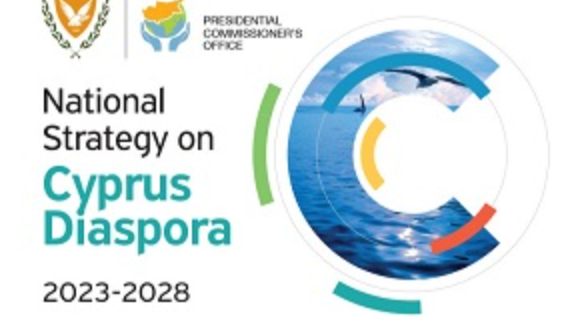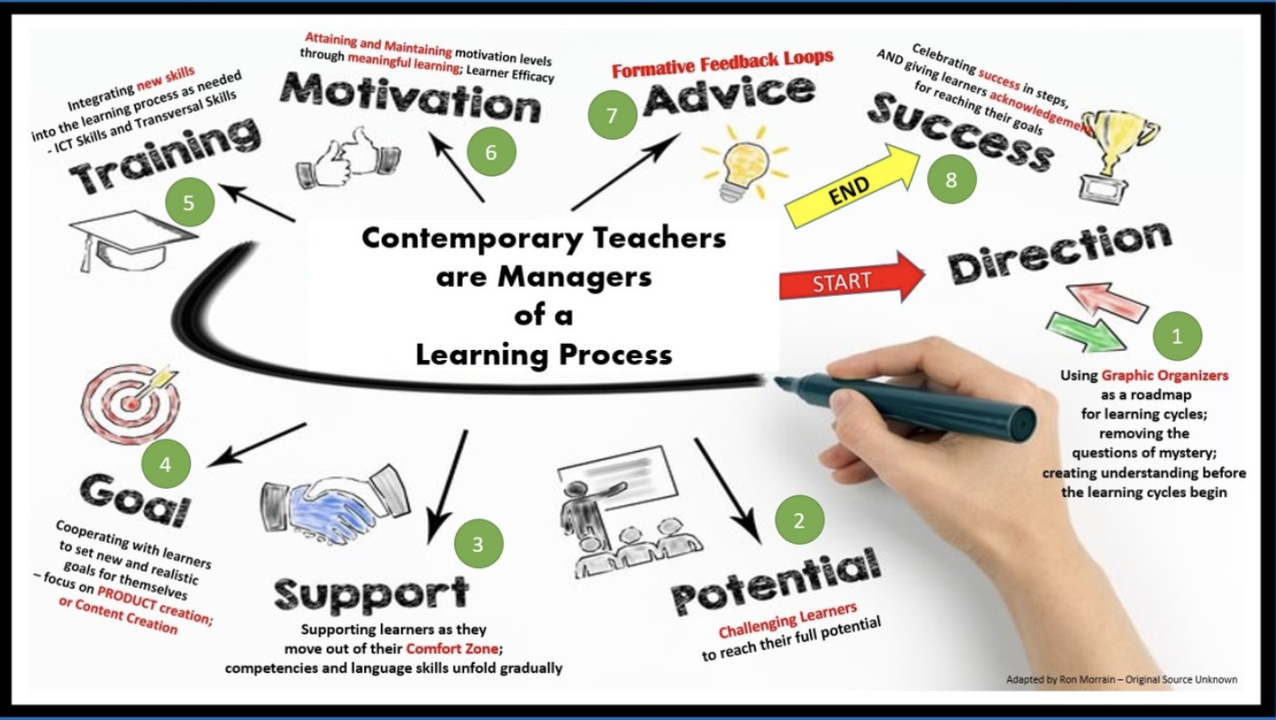A New Approach to Education
In today’s interconnected world, the traditional “ESL” model in international schools no longer adequately serves the diverse needs of our students.
It’s imperative to move beyond outdated labels and embrace a more inclusive and empowering approach to language learning.
This is particularly relevant in diverse and culturally rich contexts like Cyprus, an island nation nestled at the crossroads of Europe, Asia, and Africa.
Here, international schools must not only provide a Western education but also celebrate and leverage the island’s unique cultural tapestry and strategic position.
The term “ESL” often carries a negative connotation, framing language learning as a deficiency rather than a valuable asset. In an interconnected world, international schools must recognize the unique linguistic and cultural backgrounds of all students, creating a learning environment where every voice is valued.
This involves fostering a trilingual or even quadrilingual environment, incorporating Greek, Turkish, and potentially another major language like Mandarin or Spanish, to equip students with invaluable communication skills in a globalized world. Instead of separating students into “ESL” classes, schools should emphasize collaborative support for all learners. ESL teachers, with their specialized knowledge in language acquisition, can become invaluable partners to mainstream teachers.
By working together, they can adapt the curriculum to accommodate diverse learning styles and ensure all students have the support they need to succeed.
Imagine a classroom where a teacher encourages students to use their first language as a bridge to understanding complex concepts, or collaborative projects where students from different linguistic backgrounds share diverse perspectives.
Creating a truly inclusive learning environment also requires fostering a culture of multilingualism.
Celebrating the linguistic diversity within the school community and providing opportunities for students to express themselves in their preferred languages can create a vibrant and dynamic learning environment.
Integrating Cypriot culture and history deeply into the curriculum, alongside international perspectives, is crucial.
Field trips to historical sites, collaborations with local artists and musicians, and community service projects can foster a profound appreciation for Cypriot heritage while cultivating a strong sense of global citizenship.
Academic excellence must be pursued with a distinctly Cypriot flavor. Inquiry-based learning, where students actively engage in research, critical thinking, and project-based work, should be at the heart of the educational experience. STEM subjects can be enriched by integrating Cypriot innovations in technology, renewable energy, and environmental sustainability.
The arts, including music, dance, and visual arts, should be nurtured, drawing inspiration from both Cypriot traditions and contemporary expressions.
Cyprus’s unique geographical advantages should be fully leveraged. The island’s Mediterranean climate provides an ideal setting for outdoor learning, offering opportunities for nature studies, adventure activities, and experiential education.
Moreover, Cyprus’s growing tech sector and potential for innovation can position schools as hubs for technology education.
The thriving tourism industry can be further capitalised upon by offering specialised programs in hospitality, tourism, and culinary arts. Building strong ties with the local community is paramount. Collaborations with Cypriot universities can provide valuable resources for teacher training and student enrichment programs. Organizing events that showcase student work and actively involve the local community can foster a sense of belonging and mutual understanding. Embracing sustainability initiatives, both within the school and through student-led projects, can instill a sense of environmental responsibility.
Effective marketing and recruitment strategies are crucial for attracting the right students.
Emphasizing the school’s distinctive approach, its focus on intercultural understanding, and its deep connection to the Cypriot community can effectively communicate its unique value proposition.
By maintaining a strong online presence, schools can further enhance their visibility and attract a diverse and vibrant student body.
By embracing this holistic approach, international schools in Cyprus can provide an exceptional education and significantly contribute to the island nation’s social, cultural, and economic development.
They can become true centers of learning and intercultural exchange, preparing students to thrive in an increasingly interconnected and diverse world.
#InternationalEducation #Multilingualism #CyprusEducation #EducationInnovation #InclusiveEducation








